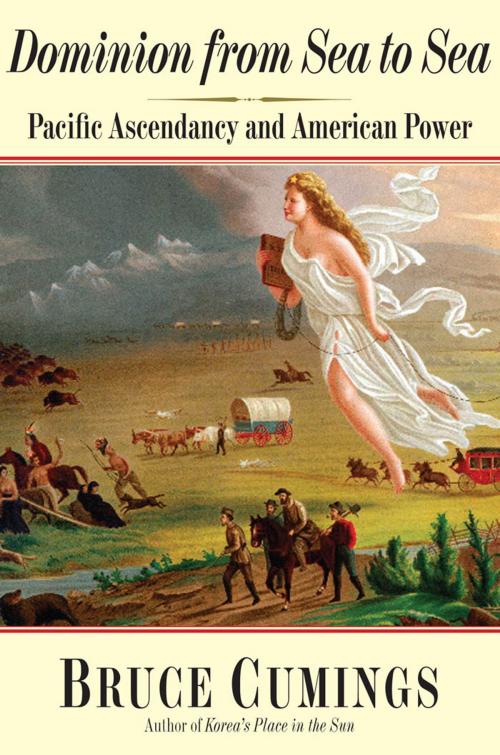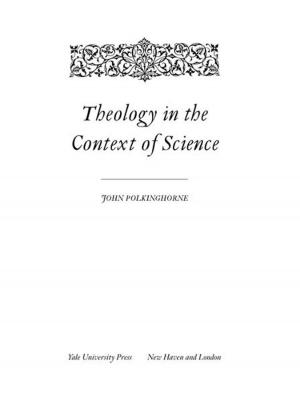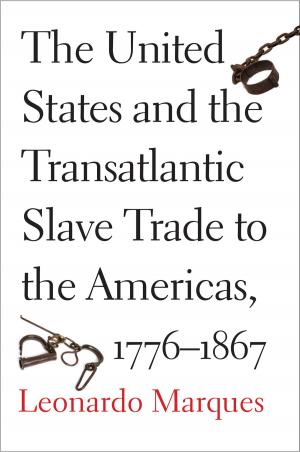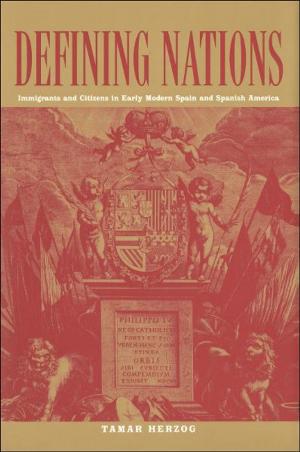Dominion from Sea to Sea
Pacific Ascendancy and American Power
Nonfiction, Social & Cultural Studies, Political Science| Author: | Bruce Cumings | ISBN: | 9780300154979 |
| Publisher: | Yale University Press | Publication: | November 17, 2009 |
| Imprint: | Yale University Press | Language: | English |
| Author: | Bruce Cumings |
| ISBN: | 9780300154979 |
| Publisher: | Yale University Press |
| Publication: | November 17, 2009 |
| Imprint: | Yale University Press |
| Language: | English |
America is the first world power to inhabit an immense land mass open at both ends to the world’s two largest oceans—the Atlantic and the Pacific. This gives America a great competitive advantage often overlooked by Atlanticists, whose focus remains overwhelmingly fixed on America’s relationship with Europe. Bruce Cumings challenges the Atlanticist perspective in this innovative new history, arguing that relations with Asia influenced our history greatly.
Cumings chronicles how the movement westward, from the Middle West to the Pacific, has shaped America’s industrial, technological, military, and global rise to power. He unites domestic and international history, international relations, and political economy to demonstrate how technological change and sharp economic growth have created a truly bicoastal national economy that has led the world for more than a century. Cumings emphasizes the importance of American encounters with Mexico, the Philippines, and the nations of East Asia. The result is a wonderfully integrative history that advances a strong argument for a dual approach to American history incorporating both Atlanticist and Pacificist perspectives.
America is the first world power to inhabit an immense land mass open at both ends to the world’s two largest oceans—the Atlantic and the Pacific. This gives America a great competitive advantage often overlooked by Atlanticists, whose focus remains overwhelmingly fixed on America’s relationship with Europe. Bruce Cumings challenges the Atlanticist perspective in this innovative new history, arguing that relations with Asia influenced our history greatly.
Cumings chronicles how the movement westward, from the Middle West to the Pacific, has shaped America’s industrial, technological, military, and global rise to power. He unites domestic and international history, international relations, and political economy to demonstrate how technological change and sharp economic growth have created a truly bicoastal national economy that has led the world for more than a century. Cumings emphasizes the importance of American encounters with Mexico, the Philippines, and the nations of East Asia. The result is a wonderfully integrative history that advances a strong argument for a dual approach to American history incorporating both Atlanticist and Pacificist perspectives.















